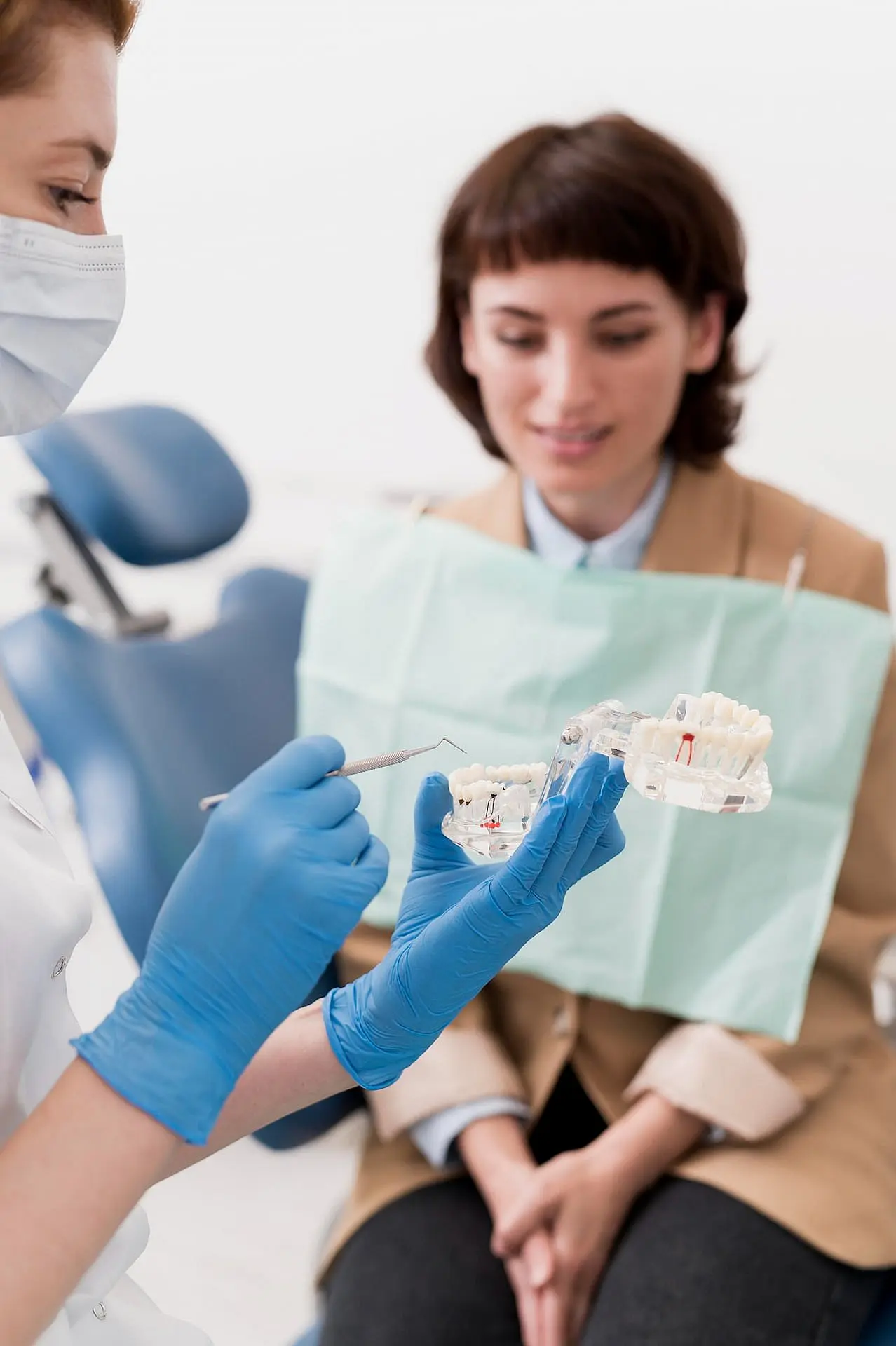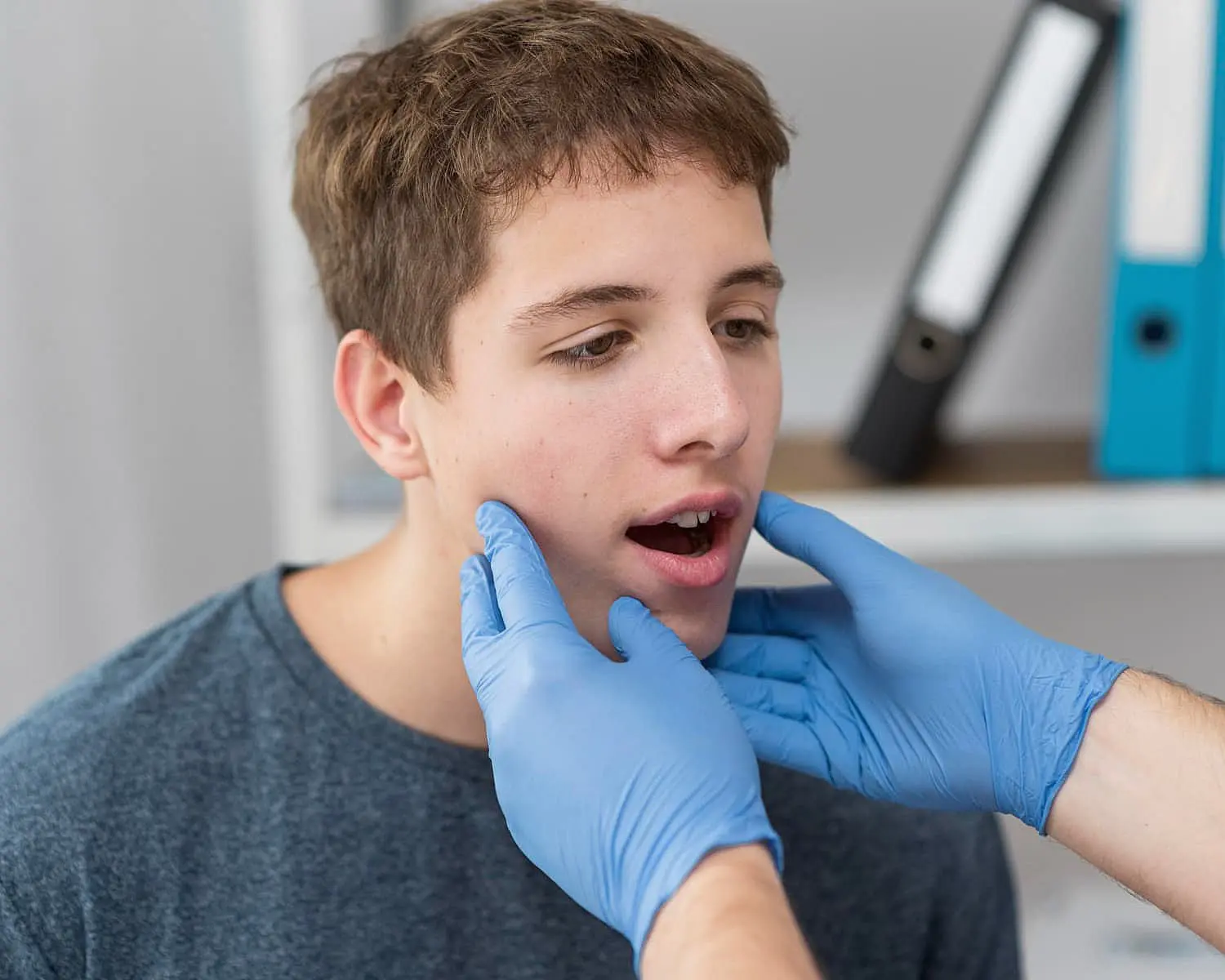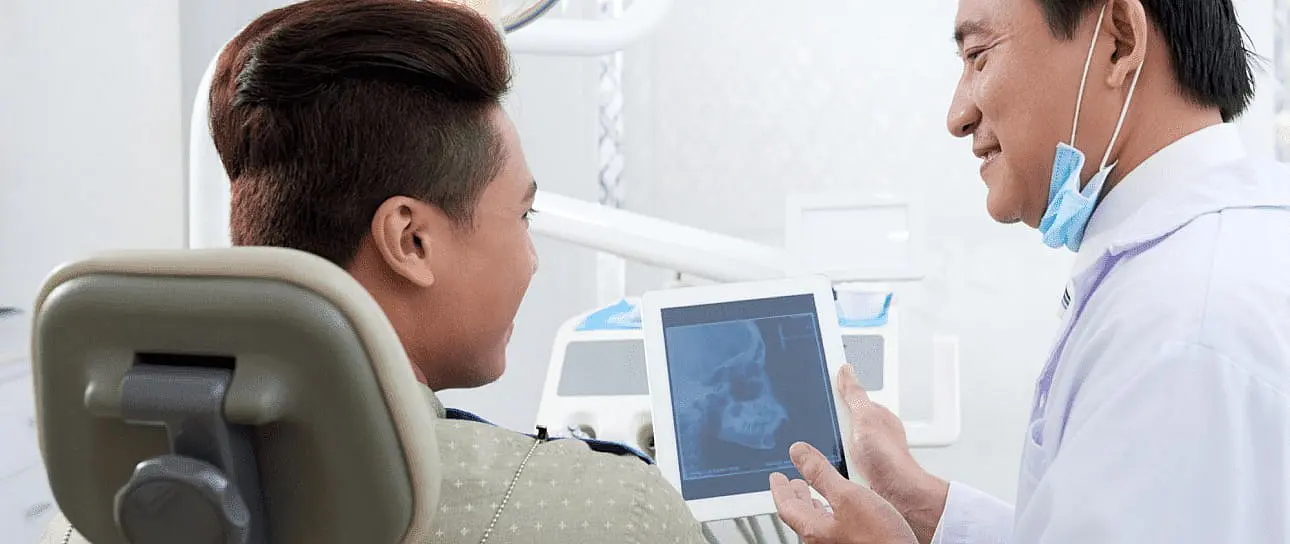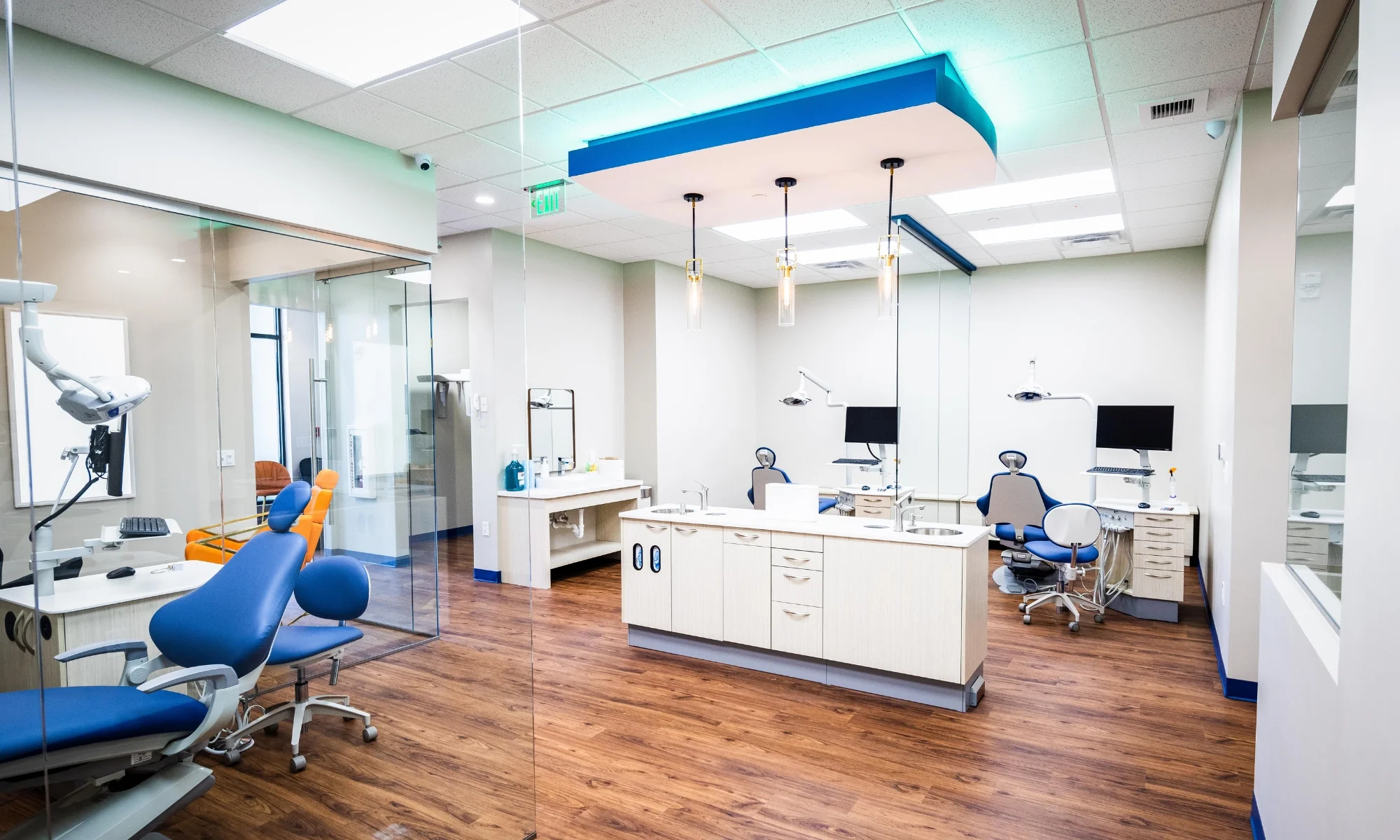Introduction to Jaw Surgery Orthodontics
What is Jaw Surgery?
Purpose of Jaw Surgery
Jaw surgery helps with both functional problems and appearance concerns in people who have jaw issues. It often plays an important role in bettering oral health and everyday activities.

Improving functionality
Enhancing appearance
Importance of Jaw Surgery in Improving Oral Health and Facial Aesthetics
The Role of Jaw Surgery in Oral Health
When the jaw is misaligned, it can hinder daily functions. Jaw surgery helps resolve:
The Role of Jaw Surgery in Facial Aesthetics
An aligned jaw contributes significantly to facial balance and profile harmony. By adjusting structural issues, jaw surgery can achieve:
Common Conditions Requiring Jaw Surgery
Malocclusion Correction
with Jaw Surgery
Malocclusion, or a “bad bite” happens when the top and bottom jaws don’t meet correctly, causing functional and appearance issues. Jaw surgery is essential for severe cases.
Types of malocclusion
Fixing these bite problems helps with chewing, speaking, and facial balance while preventing long-term issues like gum disease or uneven teeth wear:
Treatment methods
Severe malocclusion can only be fixed through:
Obstructive Sleep Apnea
Obstructive sleep apnea (OSA) is when the airway gets blocked during sleep, causing disrupted breathing and poor rest. Severe cases can be improved with jaw surgery.
How jaw surgery helps OSA
Adjusting the position of the upper and lower jaws widens the airway, tackling the cause of the blockage. This can result in:
Surgical techniques
Jaw surgery for sleep apnea provides a lasting solution, enhancing overall health and lowering the dangers of unmanaged OSA.
Enhancing Facial Aesthetics through Jaw Surgery
Jaw surgery not only improves oral function but also facial appearance. Setting the jaw correctly can balance the face’s overall shape.
Benefits for aesthetics:
By making exact adjustments, jaw surgery builds facial harmony while fixing health concerns.

Preparing for Jaw Surgery
Proper preparation plays a key role in achieving the best possible outcome. Patients often take part in pre-surgical evaluations, which can involve orthodontic treatment or imaging procedures. These steps may include:
Consultation with Oral and Maxillofacial Surgeon
Your oral surgeon will review your face and bite structure and explain the process in detail.
Orthodontic Treatment: Aligning Teeth Before Surgery
Braces may be needed to move teeth into the right position before surgery.
Follow Pre-Surgical Instructions
This may include dietary improvements, stopping certain medications, or health preparations.
Recovery and Aftercare
Recovery and aftercare play essential roles in the healing journey, ensuring a seamless return to regular activities after surgery. This phase demands a balance of diligent self-care, expert supervision, and strict adherence to outlined instructions for the best results. Preparing thoroughly for aftercare is crucial to avoid complications, sustain improvements, and foster a healthy, long-lasting recovery. Highlighted below are the primary areas that contribute to achieving a successful recovery.
Post-operative pain management

Dietary restrictions and oral hygiene

Follow-up appointments

Physical therapy and rehabilitation

Risks and Complications of Jaw Surgery
Like any medical procedure, jaw surgery involves certain risks and potential complications. However, most risks can be effectively managed, and being well-informed enables patients to take proper precautions and make thoughtful decisions.

Rehabilitation Exercises
Risks may involve mild discomfort, swelling, or bleeding, which can arise due to factors like pre-existing health conditions or individual healing patterns.
To reduce these risks, it is vital to have a detailed consultation with your surgeon. Gaining a clear understanding of the procedure, possible complications, and proper aftercare can promote a smoother recovery and decrease the chances of negative outcomes.
Conclusion
Jaw surgery, also known as orthognathic surgery, is crucial for addressing jaw and facial irregularities, providing significant functional advancements and aesthetic enhancements. Beyond its cosmetic benefits, it tackles important health issues and improves overall quality of life.

Importance of jaw surgery

Benefits of jaw surgery

Future advancements in jaw surgery
Innovative research is revolutionizing the field of jaw surgery, enhancing patient outcomes through advancements such as:
